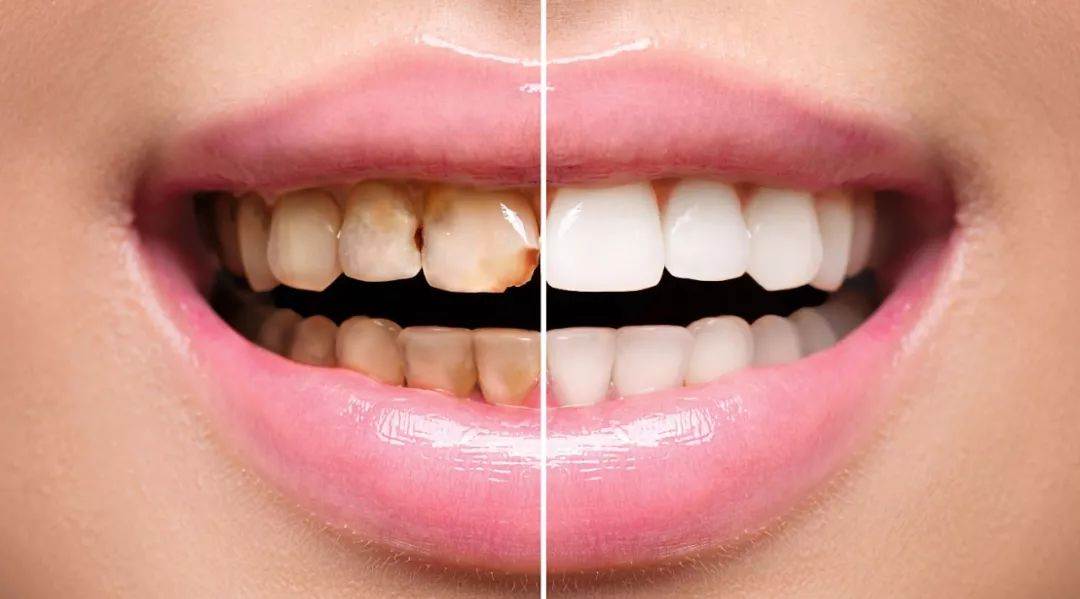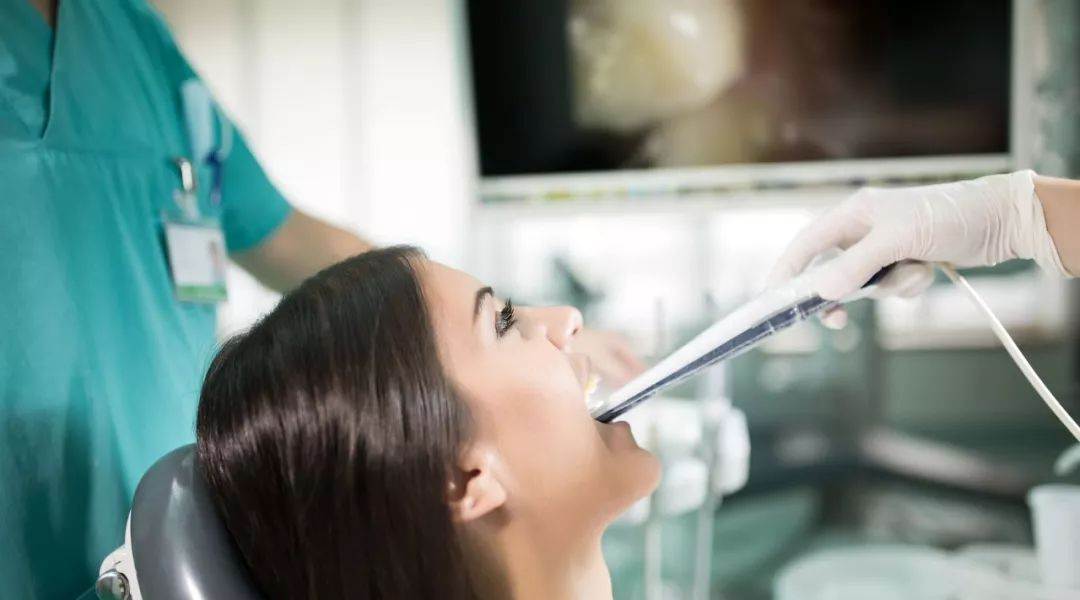Have you ever had any embarrassing experience of holding your fart?
In the crowded elevator, the surging lower abdomen can only force the gas to hold back!
On a blind date, the excuse to go to the toilet to fart was mistaken for a temporary slip away!
During the meeting, everyone was listening to the leader’s speech with rapt attention, but you looked pale and did not dare to move!
The pain of wanting to fart but not daring to fart is really painful, but do you know where all the farts you suppressed have gone?
Some people say that suppressed farts will come out of the mouth and become halitosis! Is it true?

After all, halitosis is one of the five social embarrassments.
Will holding your fart lead to halitosis? Let’s hear what the experts say.

What are the causes of halitosis?
Apart from holding back farts, let’s talk about other reasons.
1. The stomach does not carry the pot.
In order to reduce gas swallowing and gastric acid reflux, the oral cavity, esophagus and muscles connected to the stomach are only open when we swallow food.
Therefore, although studies have found that Helicobacter pylori infection in the stomach can indeed produce some foul-smelling gas in the stomach, it hardly exhales out of the body and is smelled.
People with gastroesophageal reflux disease and belching symptoms will have halitosis.However, only infants and the elderly have a slight possibility of such reflux. At this time, besides halitosis, there will also be feelings such as heartburn and acid regurgitation.
2. Most of them originate from the oral cavity itself.
Why is fart smelly and halitosis smelly?
Because they all experienced food [corruption].
Bacteria and proteins play an important role,
Food residues in the oral cavity and renewed epithelial cells are all sources of proteins. Bacteria decompose these proteins to produce [volatile sulfides], which are the main sources of halitosis.
Teeth, gums and tongue are all favorite hiding places for bacteria.

There is always halitosis, the biggest possibility is that oral hygiene is not done well!
However, it is difficult to completely clean bacteria and proteins in the oral cavity by simply brushing teeth.
3. The rest may be related to other organs
In addition to the above-mentioned transient halitosis, the remaining 10% is also related to nasal, pharyngeal, tonsil, trachea and other problems near the oral cavity.
Among them, about 3% of halitosis is related to tonsil stones.The halitosis caused by tonsil stones is often impressive.
There was once a question on the Internet, [the most smelly thing you have ever smelled is what? ], tonsil stones were indeed on the list.


Source: Zhihu
In daily diet, tonsil stones will form when lumps of food residue, mucus and bacteria remain in the depression of tonsil.
Not only is the smell extremely unforgettable, but it also causes dysphagia, earache and other symptoms.
But don’t panic! Because this is not a disease, and it is not that tonsil stones are bound to lead to halitosis.
For specific treatment methods, you can go to the hospital to consult relevant doctors.
Seeing this, I believe everyone already knows about halitosis.
After understanding the source of halitosis, should how measures be the most effective?
Do these points well and break up with halitosis completely!
1. Regular tooth cleaning and examination

Attention to oral hygiene is the key!
Regular tooth cleaning and examination, thorough removal of plaque and tartar, and keeping oral cavity clean can obviously reduce halitosis.
After brushing your teeth, remember to scrape off the tongue coating with a toothbrush or tongue scraper, especially at the back of the tongue. It is more important to reduce the amount of bacteria and substrate at the same time.
In addition, don’t be too troublesome, filling teeth, correcting bad prostheses, reasonably maintaining and cleaning prostheses, and cleaning tooth surfaces with dental floss or interdental brushes are also important measures.
2. Use toothpaste and mouthwash
Effective mouthwash, toothpaste and treatment of oral diseases can reduce the number of pathogenic bacteria in the oral cavity and improve the problem of oral odor.
3. Referral to Internal Medicine or Otolaryngology
The determination and treatment of halitosis caused by reasons other than oral cavity need to be referred to internal medicine, otolaryngology, etc. for further examination and treatment.
For patients with halitosis phobia, everyone should not be shy and should take the initiative to consult a psychologist.
Responsibility: Sweet Potato
Author: Wei Wei

What are the causes of halitosis?
Apart from holding back farts, let’s talk about other reasons.
1. The stomach does not carry the pot.
In order to reduce gas swallowing and gastric acid reflux, the oral cavity, esophagus and muscles connected to the stomach are only open when we swallow food.
Therefore, although studies have found that Helicobacter pylori infection in the stomach can indeed produce some foul-smelling gas in the stomach, it hardly exhales out of the body and is smelled.
People with gastroesophageal reflux disease and belching symptoms will have halitosis.However, only infants and the elderly have a slight possibility of such reflux. At this time, besides halitosis, there will also be feelings such as heartburn and acid regurgitation.
2. Most of them originate from the oral cavity itself.
Why is fart smelly and halitosis smelly?
Because they all experienced food [corruption].
Bacteria and proteins play an important role,
Food residues in the oral cavity and renewed epithelial cells are all sources of proteins. Bacteria decompose these proteins to produce [volatile sulfides], which are the main sources of halitosis.
Teeth, gums and tongue are all favorite hiding places for bacteria.

There is always halitosis, the biggest possibility is that oral hygiene is not done well!
However, it is difficult to completely clean bacteria and proteins in the oral cavity by simply brushing teeth.
3. The rest may be related to other organs
In addition to the above-mentioned transient halitosis, the remaining 10% is also related to nasal, pharyngeal, tonsil, trachea and other problems near the oral cavity.
Among them, about 3% of halitosis is related to tonsil stones.The halitosis caused by tonsil stones is often impressive.
There was once a question on the Internet, [the most smelly thing you have ever smelled is what? ], tonsil stones were indeed on the list.


Source: Zhihu
In daily diet, tonsil stones will form when lumps of food residue, mucus and bacteria remain in the depression of tonsil.
Not only is the smell extremely unforgettable, but it also causes dysphagia, earache and other symptoms.
But don’t panic! Because this is not a disease, and it is not that tonsil stones are bound to lead to halitosis.
For specific treatment methods, you can go to the hospital to consult relevant doctors.
Seeing this, I believe everyone already knows about halitosis.
After understanding the source of halitosis, should how measures be the most effective?
Do these points well and break up with halitosis completely!
1. Regular tooth cleaning and examination

Attention to oral hygiene is the key!
Regular tooth cleaning and examination, thorough removal of plaque and tartar, and keeping oral cavity clean can obviously reduce halitosis.
After brushing your teeth, remember to scrape off the tongue coating with a toothbrush or tongue scraper, especially at the back of the tongue. It is more important to reduce the amount of bacteria and substrate at the same time.
In addition, don’t be too troublesome, filling teeth, correcting bad prostheses, reasonably maintaining and cleaning prostheses, and cleaning tooth surfaces with dental floss or interdental brushes are also important measures.
2. Use toothpaste and mouthwash
Effective mouthwash, toothpaste and treatment of oral diseases can reduce the number of pathogenic bacteria in the oral cavity and improve the problem of oral odor.
3. Referral to Internal Medicine or Otolaryngology
The determination and treatment of halitosis caused by reasons other than oral cavity need to be referred to internal medicine, otolaryngology, etc. for further examination and treatment.
For patients with halitosis phobia, everyone should not be shy and should take the initiative to consult a psychologist.
Responsibility: Sweet Potato
Author: Wei Wei
